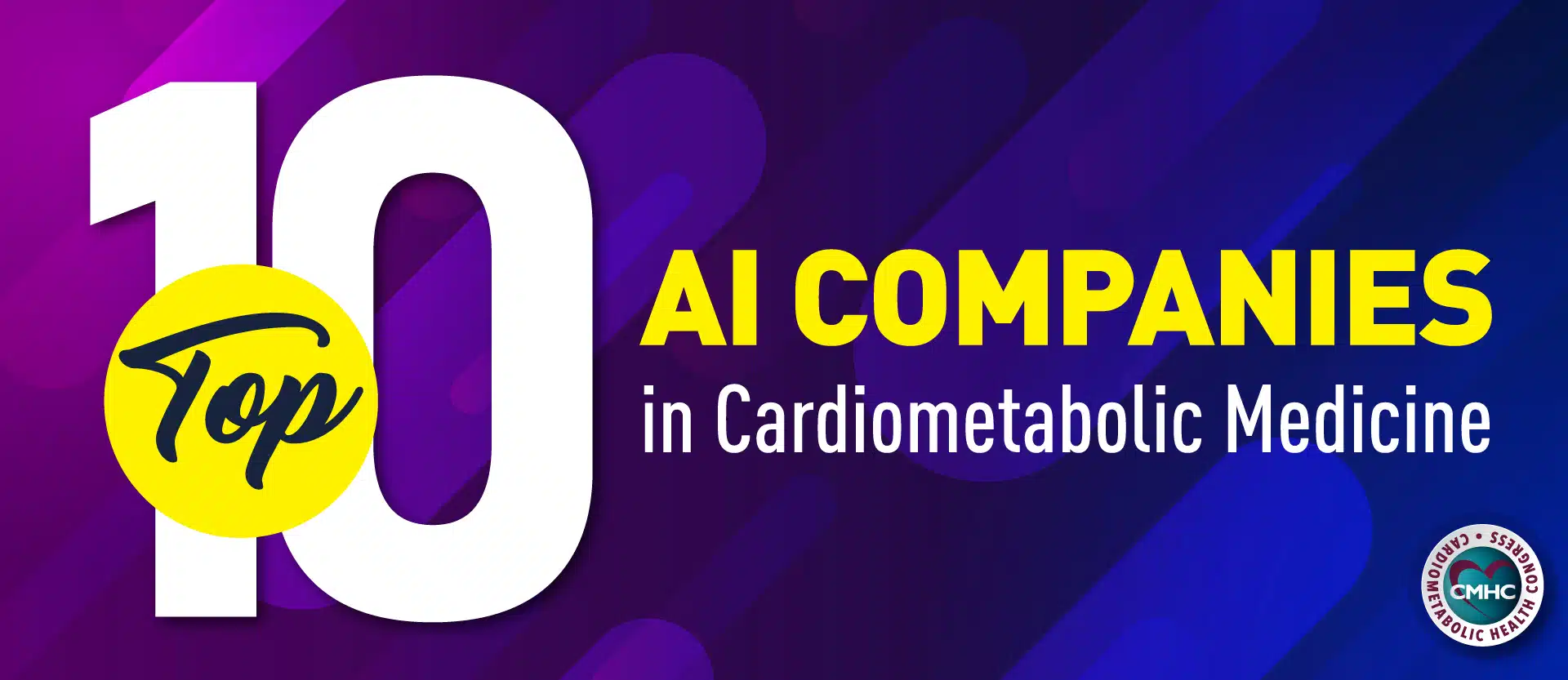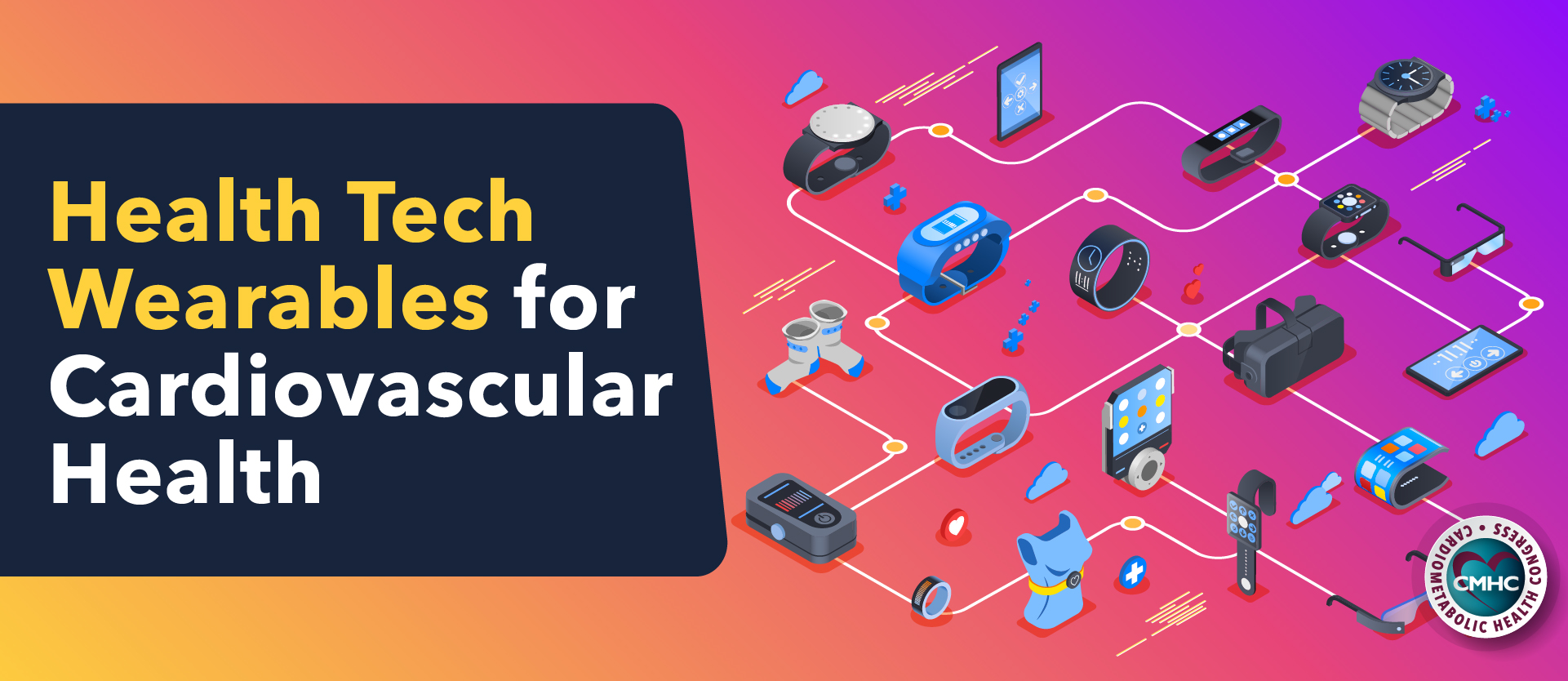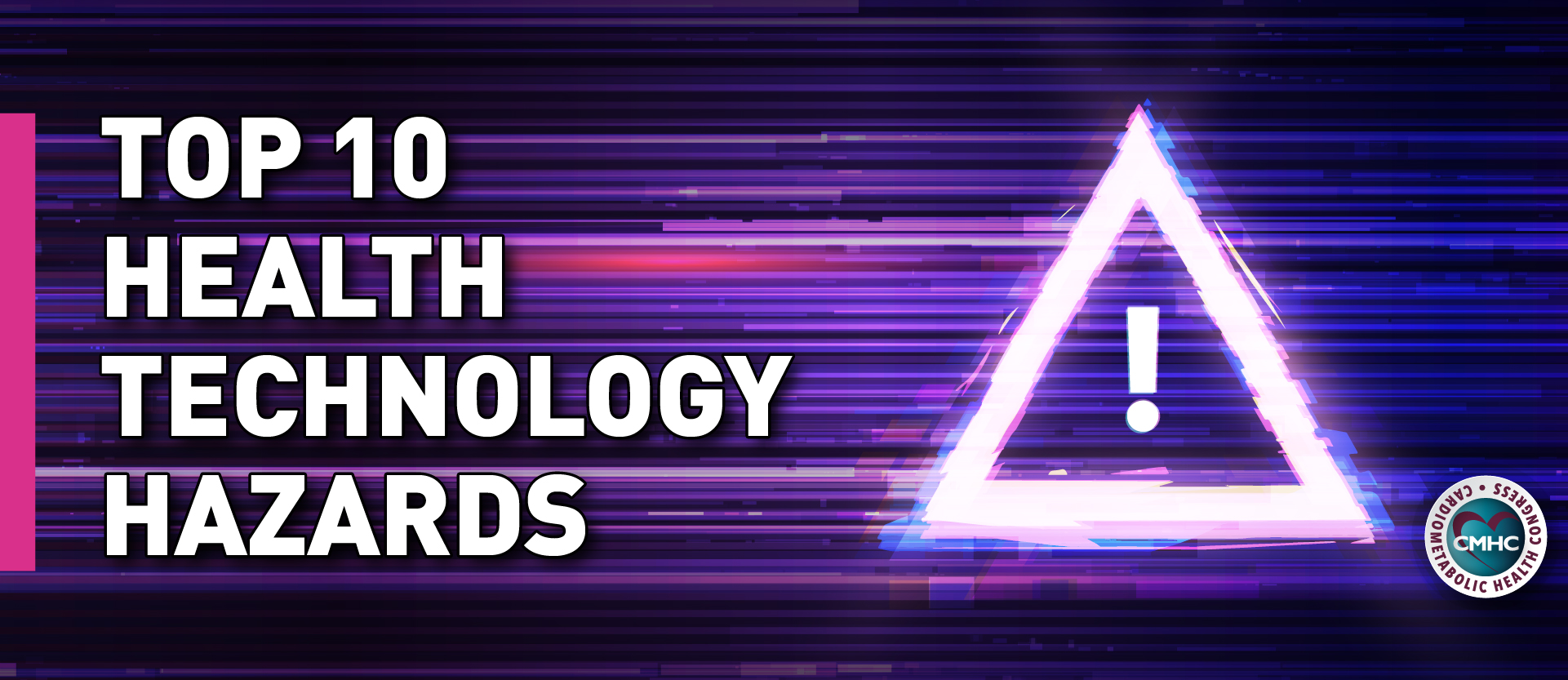Artificial Intelligence (AI) is everywhere. Its boundless implications are expected to grow exponentially in the coming years, and the medical field may be one of the most impacted. New technologies can drastically improve health care research and outcomes by producing more accurate diagnoses and enabling more personalized treatments. Here are a few ways AI is showing up in medical practices:
Diagnostics. Algorithms and analytic tools can more accurately detect abnormalities in medical images, leading to quicker diagnoses.
Personalized treatment. By analyzing a patient’s medical history, genetics, and lifestyle to create personalized treatment plans, AI can reduce the risk of adverse reactions to medications.
Drug development. The ability to predict the efficacy and potential side effects of drugs can speed up the testing and approval process.
Predictive analytics. Identifying patients at high risk of developing certain diseases or conditions allows for earlier interventions and better disease management.
Patient monitoring. Real-time, remote monitoring provides clinicians with important data to identify potential issues and intervene quickly.
Overall, AI has the potential to transform the medical field by improving diagnostics, treatment, drug development and patient monitoring. Here are 10 companies to watch for their potential to reduce your workload, increase your efficiency, streamline your tasks, and improve your ability to focus on your patients (notice we didn’t say replace you).**
10.Valo Health was built to transform the drug discovery and development process using human-centric data and AI-powered computation. The company’s Opal Computational Platform™ consists of an integrated set of capabilities designed to transform data into valuable insights that may accelerate discoveries and enable Valo to advance a robust pipeline of programs across cardiovascular, metabolic, renal and neurodegenerative diseases.
9. Atomwise uses AI to tackle serious diseases, including Ebola and multiple sclerosis. The company’s neural network, AtomNet, helps predict bioactivity and identify patient characteristics for clinical trials. Atomwise’s AI technology screens between 10 and 20 million genetic compounds each day and can reportedly deliver results 100 times faster than traditional pharmaceutical companies.
8. DeepScribe leverages AI and machine learning to create a robust documentation solution intended to revolutionize the patient-provider experience, making time for clinicians to focus on providing care, not documenting it.
7. Arteryswas founded to facilitate the global advancement of medicine through data, AI and technology. Because a significant proportion of the world’s medical data resides in medical images, Arterys set out to tackle several issues around the space, including the enormous workloads radiologists face, the lack of accuracy with many of today’s tools, and the need for increased consistency across practices. The company was the first to receive US Federal Drug Administration (FDA) clearance for a cloud-based AI product and currently has eight active FDA clearances in 118 countries.
6. Nuance is a Microsoft-owned company that has created an AI tool for physicians called Dragon Ambient eXperience (DAX) Express, which streamlines the note-taking process. DAX Express is powered by GPT4, the latest version of AI chatbot technology from OpenAI. The tool automatically and securely creates clinical notes – with the patient’s consent – that are immediately available for the doctor to review after each patient visit.
5. HeartLander was developed by the Robotics Institute at Carnegie Mellon University. Under a physician’s control, the miniature robot enters the chest through a small incision, navigates to certain locations of the heart by itself, adheres to the surface of the heart and administers therapy.
4. Cleerly makes AI technology to improve cardiovascular care. The company’s AI-enabled digital care platform measures and analyzes atherosclerosis, a buildup of plaque in the heart’s arteries. The technology is able to determine an individual’s risk of having a heart attack and recommend a personalized treatment plan.
3. Olive AI’s platform automates repetitive healthcare tasks, freeing up administrators to work on higher-level ones. The platform automates everything from eligibility checks to unadjudicated claims and data migrations so staffers can focus on patient service.
2. Twin Health employs a holistic method to address and potentially reverse chronic conditions like type 2 diabetes through a mixture of Internet of Things (IoT) technology, AI, data science, medical science and health care. The company created the Whole Body Digital Twin — a digital representation of human metabolic function built around thousands of health data points, daily activities and personal preferences.
1.Babylon is on a mission to reengineer health care by shifting the focus away from caring for the sick to helping prevent sickness, leading to better health and less health-related expenses. The platform features an AI engine created by doctors and deep-learning scientists that operates an interactive symptom checker, using known symptoms and risk factors to provide the most informed and up-to-date medical information possible.
**These 10 companies were researched and identified by CMHC staff as ones that could potentially benefit our provider audience. We have no relationship with these companies and receive no compensation or gratuities from them, either directly or indirectly.

















